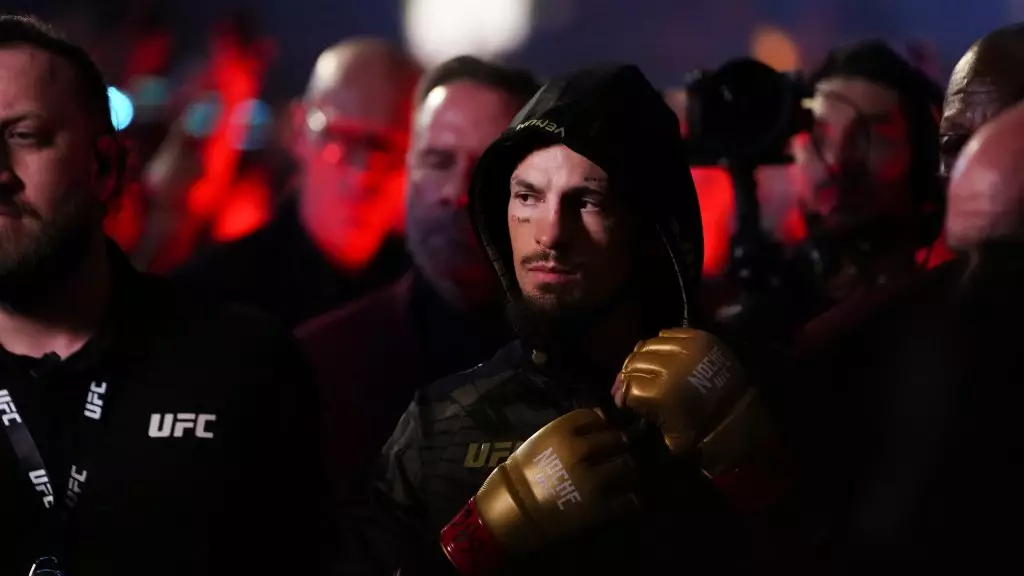The bantamweight division is once again in the spotlight following UFC 306, where Sean O’Malley faced a significant setback in his career by losing the title to Merab Dvalishvili. This defeat, which came through a unanimous decision, was compounded by the revelation that O’Malley had been grappling with a serious labrum injury in the lead-up to the fight. It underscores the kind of pressure athletes face in high-stakes matches, where physical health meets immense competitive desire. As O’Malley prepares for surgery, UFC fans are left with several compelling questions regarding the future trajectory of the division.
In the wake of O’Malley’s loss, manager Ali Abdelaziz made waves by labeling the fighter as essential for the bantamweight division’s allure. He believes that despite O’Malley’s recent setback, he remains the biggest draw in the weight class, eclipsing even the newly crowned champion, Dvalishvili. According to Abdelaziz, this business model centers on financial viability, not just athletic prowess, and he argues that no one garners attention like O’Malley. The manager is vocally supportive of his own fighter, Umar Nurmagomedov, who stands undefeated and has a promising career ahead.
Abdelaziz’s comments illuminate an often ignored but critical aspect of mixed martial arts: the interplay between sport and commerce. He emphasized that “making money” is a priority, suggesting that the allure and marketability of fighters like O’Malley are just as crucial as their performance in the cage. The suggestion that O’Malley should still contend for a title shot despite a recent defeat reflects a prevailing ethos in professional sports where star power can outweigh win-loss records. Abdelaziz referenced historical instances, including former champions like Frankie Edgar and Israel Adesanya, who were granted title opportunities post-losses, indicating a precedent that could favor O’Malley’s aspirations.
The Future of the Bantamweight Landscape
While Umar Nurmagomedov has risen through the ranks and is expected to challenge for the title next, Abdelaziz’s proposition for a future showdown between Nurmagomedov and O’Malley is captivating. He paints a narrative where star power and marketability converge, suggesting that the fight would captivate audiences, thus proving lucrative for the UFC. In essence, it’s a call for the organization to recognize the entertainment value O’Malley brings, arguing that this is as integral to the sport as the athletic competition itself.
The Arising Complications
However, the scene is not devoid of complexities. While Abdelaziz champions O’Malley’s return, the implications of such a fight depend heavily on how O’Malley’s recovery unfolds. Injuries can drastically alter a fighter’s trajectory, and his mental state coming back from a title loss will also factor into his future performances. Moreover, potential matchups against contenders like Petr Yan or Figueiredo could further complicate matters, testing the very fabric of the narrative Abdelaziz proposes.
As the bantamweight division navigates a changing landscape, one thing remains clear: O’Malley’s star status cannot easily be overshadowed, and whether or not that earns him a shot at redemption will significantly shape the future of the division. The ongoing conversation around this topic affirms that the intersection of athletic skill and marketability will continue to be a defining theme in the sport of MMA.

